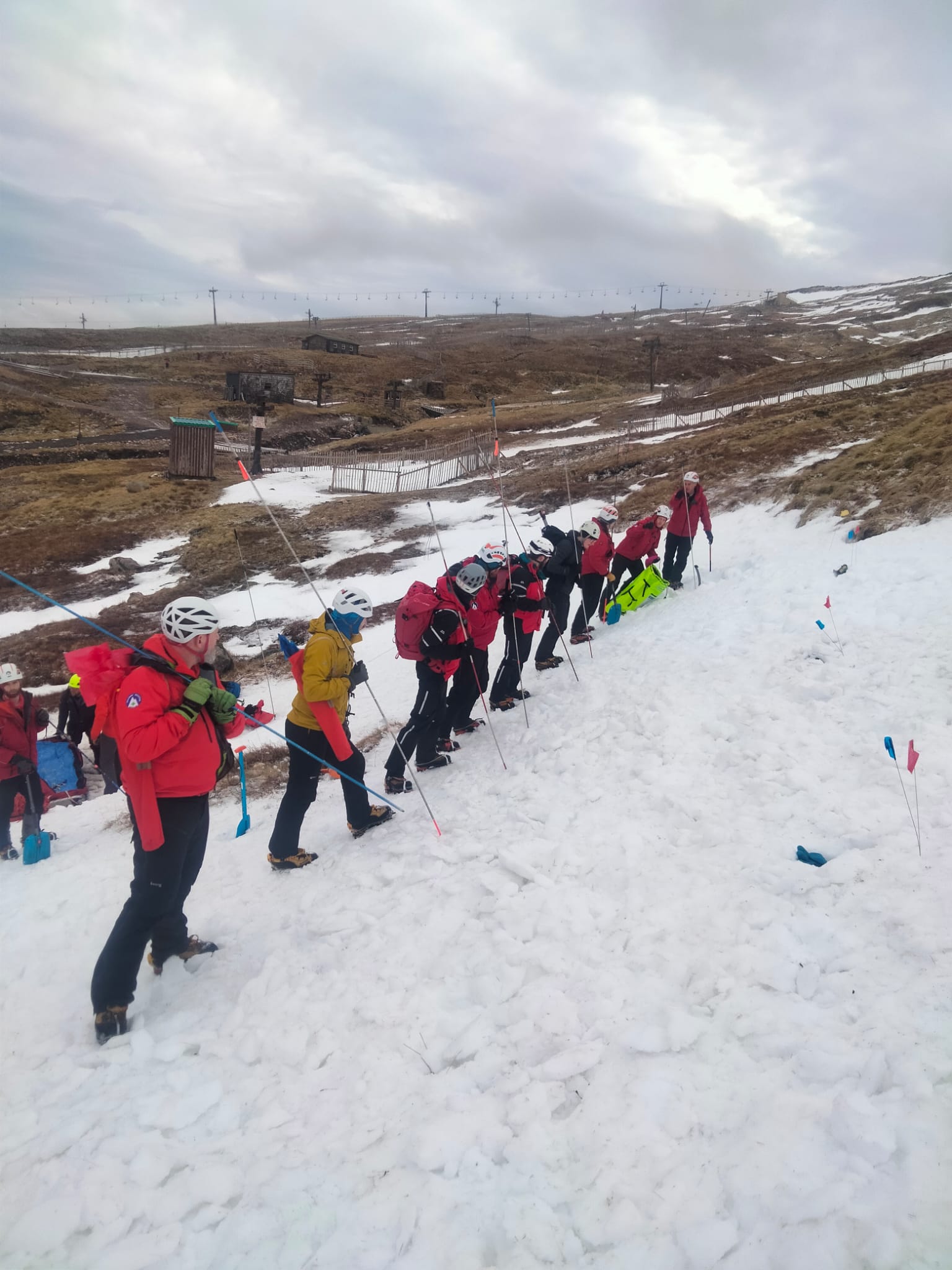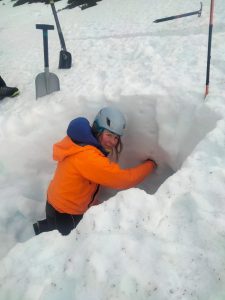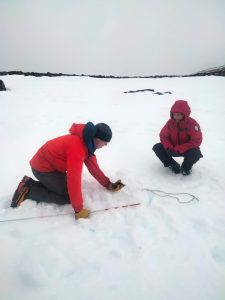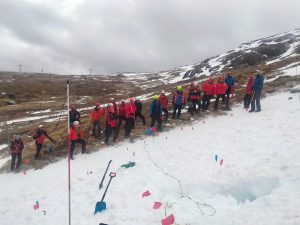National Training Programme – Avalanche Courses

National Training Programme – Avalanche Courses
At Scottish Mountain Rescue, we run a National Training Programme for our volunteers, which helps to ensure that teams have all the knowledge and skills that they need, and allows us to share good practice between teams.
Our volunteers are available 24 hours a day, 365 days a year and in any weather. The winter call-outs in the mountains are some of the most difficult and dangerous that our volunteers will attend. In winter, daylight hours are shorter, the weather is often at it’s most harsh, and deep snowfall can make things much more challenging. Prolonged periods of snowfall raise the risks of avalanches which can be triggered naturally or by a person crossing a snow slope.
Our National Training courses help our volunteers know both how to keep themselves safe and how to rescue people caught up by avalanches in our mountains.
We spoke to Bill Dallas from the Avalanche Working Group, about our avalanche training and what’s involved:
In January and February each year the Avalanche Working Group run two training courses. The Companion Rescue (CR) course is a single day of training held in early January, we run two individual courses over the weekend. The Avalanche Rescue (AR) is a two-day course held in early February.
The CR course, as the name implies, focusses on the skills required to quickly and effectively rescue a member of your group or MR team buried in an avalanche which occurs when you are on scene. It introduces some of the core skills a rescuer, expected to operate in the winter mountains, should be proficient at executing. These include a detailed look at transceivers and understanding the operation of the unit as well as how to use them in the initial search phase. We also instruct spot probing and digging techniques. We discuss the Be Avalanche Aware guidance and relate it to what we are seeing on the ground, as we make our way out to the training area where all these skills are put into practice.

The skills learnt on the course are useful not only in a MR context but also to anyone who ski tours or enjoys being out in the winter mountains.

The AR course further develops the skills taught on the CR course but brings them into a team search scenario. On the AR course we look at the skills required when we are called to a location after the event rather than being there to witness it. All the skills developed on the CR course are still very relevant, but in AR course we introduce those used when we search as a team and may not know much about the casualties. Subjects covered include: safety on location, assessing the scene, marking an avalanche, using a transceiver in single and multiple burial, line probing and digging. We also spend some time looking at the management of a scene as more rescuers and agencies arrive and, if conditions allow, have a night exercise which emphasises how difficult management and actual searching can become in poor visibility or challenging weather.

There is more time given to introducing and understanding the medical considerations on finding and extracting a casualty who may have been buried for an extended period of time.
The course ends on Sunday with a final exercise, where all the skills which have been learnt come together in a scenario.